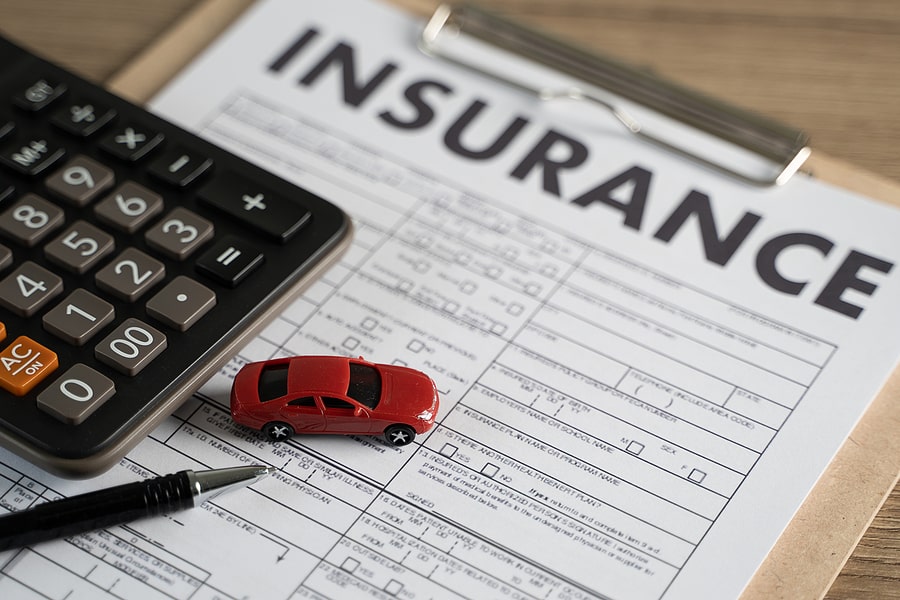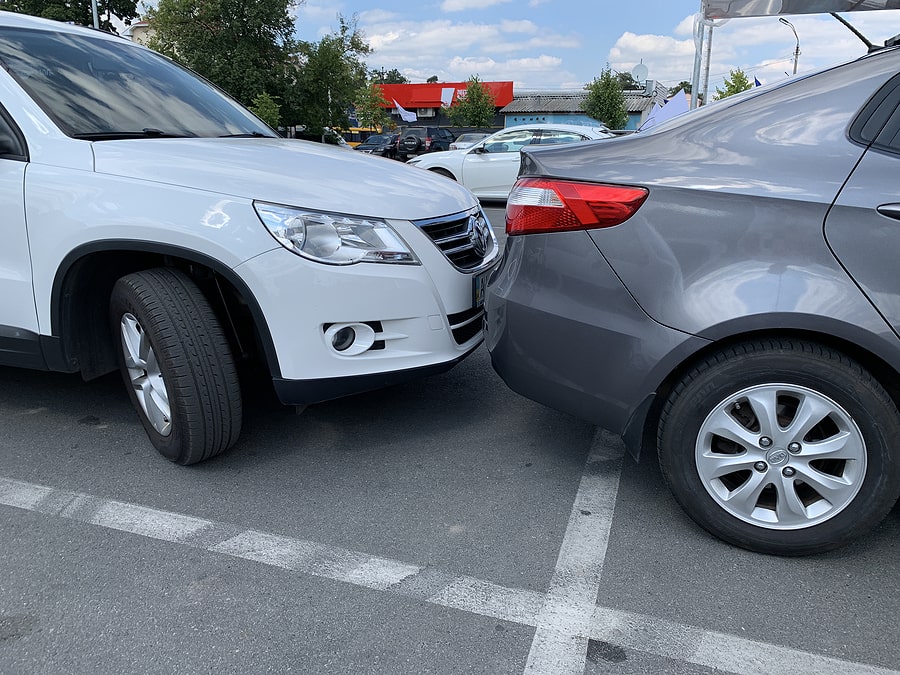Car insurance can be confusing. We know, because we deal with car insurance claims each and every day, and we’re still learning new things!
There are so many different options out there for drivers to choose from, and the legal requirements vary from state to state, but as always, we’re here to help.
Today we tackle the top 10 most common car insurance questions.
-
What determines car insurance prices? Why does my insurance premium keep going up?
Car insurance rates are determined by many different factors, including your age, gender, credit score, how often and how far you drive, your vehicle, and your accident history. Over time, your insurance policy can get more expensive if you get into multiple accidents or have claims where you’re determined to be at fault. Adding multiple drivers or vehicles can also increase your car insurance premium.
-
How can I lower my car insurance premium?
The best way to lower your premium is to drive safely so you can avoid a negative claim history. Some insurance companies offer “good driver” discounts that will lower your premium for driving a certain amount of time without making a claim. Another way to potentially lower your premium is to install a device in your vehicle that transmits data about your driving habits back to the insurance company. Be warned, however: the information tracked on the device may be used against you in the event of an accident! Another good technique to make sure you’re getting the best available premium is to shop around periodically. Each insurance company has a “target” criteria for who they prefer to insure, and your suitability may change over time. Finally, some insurance companies will offer discounts if you insure other things — like your home or boat — with the same company.
-
Is it worth it to shop around and compare rates?
You’d be surprised! As mentioned above, each insurance company has the “perfect” person they want to insure. This differs from company to company, and target demographics shift over time. The best way to make sure you’re getting the lowest rate is to compare identical coverage from different insurance companies. We recommend reviewing coverage and comparing pricing on an annual basis.
-
How does my job affect my car insurance rate?
Insurance companies collect and use a lot of data when determining how to set premiums. Jobs that attract younger drivers (lifeguards, waitstaff, construction workers, factory workers, etc.) can increase premiums due to the assumption that having that job means you are younger, even though that may not be the case.
-
How does my zip code affect my car insurance rate?
Did you know that changes in accident statistics in your surrounding area can have an effect on your premium? Where you reside is a large determining factor in setting rates. Urban areas usually have higher premiums than rural areas due to their statistically higher chance of accidents, vandalism, and theft.
-
What is a deductible? How do you choose one?
A deductible is an amount you’ll have to pay out-of-pocket when making certain types of insurance claims. You should choose an amount that you know you would comfortably be able to pay, should you ever need to make a claim. That being said, a lower deductible will generally cause you to have a higher premium. Make sure to balance potential savings vs. what you could afford to pay in the event of a claim. Also, keep in mind that if you are financing your vehicle, the lender will require you to maintain certain insurance on your vehicle and will limit how high you can make your deductible. Ultimately, the choice is up to you.
-
What is the difference between comprehensive coverage and collision coverage? How do I choose?
Comprehensive coverage will cover damages to your vehicle stemming from events outside of a wreck, like flood, hail, or theft. Collision coverage will pay for the repairs to your vehicle after an accident, no matter whose fault it is. Choosing your level of coverage depends on your own personal situation. If you have a nice new vehicle that you want to protect from weather or theft, you should choose comprehensive coverage. However, if your vehicle is older and already has a few dents, collision coverage may be adequate. Often, insurance companies offer comprehensive and collision coverages together as a bundle.
-
What is gap insurance?
If you get into an accident, gap insurance exists to cover the difference between what a vehicle is currently worth and the amount you still owe on it. If you’re still paying off your vehicle, gap insurance is worth it — especially if the amount you owe on your vehicle is more than the amount the vehicle is worth. Most of us have heard the idea that a new vehicle loses significant value the minute it’s driven off the dealer’s lot, and it’s true. If you are buying a new vehicle and only putting a small amount down, or if you are “rolling” a balance into financing on a new car you are purchasing, we highly recommend gap insurance.
-
What is PIP/uninsured motorist coverage? What are the dollar amount limits I see on my policy? (Example: 25/50/25)
PIP stands for “personal injury protection.” It covers medical expenses and, in some cases, lost wages and other damages. PIP is designed to be paid regardless of who was “at fault.” This means even if you caused an accident, your insurance’s PIP can help pay for your medical bills and other expenses. Uninsured motorist coverage helps pay for damages caused by a driver who does not have car insurance.
An insurance coverage limit states the maximum amount of money an insurance company will pay for when you file a valid claim with them. Insurance limits are represented on your policy by three consecutive numbers, referring to the limit of payout amounts for different damage categories. In our example 25/50/25, this means the policy will pay up to $25,000 in injuries per person, $50,000 in injuries per accident, and $25,000 in property damage per accident.
-
Do I still need car insurance even if I don’t drive often?
Yes. Look into pay-per-mile car insurance plans like Metromile. With these plans, a device is installed in your vehicle to track how many miles you drive, and you are billed accordingly instead of at a fixed monthly premium. This can save you tons of money if you do not drive often.
Don’t take chances. Take action.

There you have it! Your top ten most common car insurance questions, answered. We hope this made it easier to maintain proper coverage and make informed decisions.
If you ever find yourself in a car accident, dealing with stubborn insurance companies and juggling a brand new set of questions, rest assured we are here for you.
Reach out any time for a 100% free case evaluation.
One car accident can change your life – but so can one victory with us.





